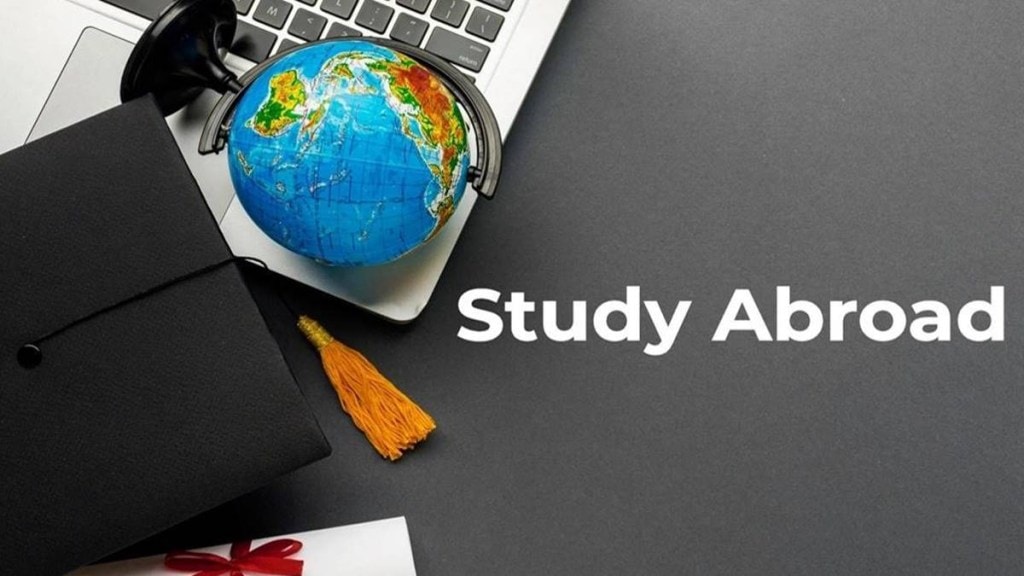Mayank Sharma
As the world becomes increasingly globalised and interconnected, educators need to explore new avenues for educational growth and development. As we move towards a more competitive world, global competence takes centre stage for preparing students to face the challenges and opportunities of tomorrow. Global competence is the foundation of a future-ready education system that transcends geographical boundaries. It involves acquiring knowledge of international issues, cultivating an understanding of diverse linguistic and cultural backgrounds, and developing proficiency in foreign languages. Global competence encompasses areas crucial for navigating an ever-changing world.
In today’s educational landscape, fostering global competence is no longer a choice but a necessity for learners. The contemporary world demands innovative thinking and cross-cultural awareness, prompting educational institutions to adapt swiftly. Beyond basic skills, learners must develop skills such as critical analysis, empathy, and cultural literacy. With India’s infrastructure sector market size hitting $204.06 billion in 2024 and 74% of smart city projects completed, educators now play a vital role in moulding globally competent individuals. Educators are adjusting curriculums, emphasising conceptual grasp, competency building, and character growth.
Educational boards and educators should design interdisciplinary curricula that incorporate project-based learning opportunities for students that resonate with global knowledge while identifying solutions to real issues within their communities. This type of relevant learning allows students to grasp their role as responsible global citizens.
To achieve this goal, institutions can consider the following strategies:
Integrating Multilingual Skills in the Curriculum
To immerse students in the globalised world of education, institutions can go beyond English and introduce languages like German, French, Mandarin, Spanish, Arabic, etc. into the curriculum. Proficiency in languages such as Mandarin can be a valuable asset for future global business leaders, enhancing communication and collaboration in various cultural situations. The ability to read, write, understand, and speak in more than one language helps students enhance their communication skills. Being multilingual paves the way for more opportunities in a foreign land.
Bringing A Worldview Approach to Every Subject
Educators can make every subject more engaging by incorporating information from around the world. By using examples and stories from different places, students gain a comprehensive understanding of how everything is interconnected, moving beyond a Western-centric perspective.
International awareness
In addition to fundamental technical skills, knowing world history, socio-economic structures, and political systems is crucial. A person well-versed in the broader global context acknowledges that individual actions can have implications beyond one’s immediate borders. This awareness extends beyond basic technical proficiency, emphasising the interconnectedness of our world and the impact of individual actions on the broader international community.
Competitive Skills
Students should be trained in a way that they can compete globally with extensive knowledge of international issues. Students with an adequate understanding of the economic, social, and technological changes taking place on the global level have an edge over others in the worldwide marketplace.
Cultural Exposure
Student visits to other countries provide first-hand exposure to diverse cultures and work settings. For instance, a trip to Silicon Valley’s tech hub offers insights into global innovation and collaboration, fostering adaptability, cultural awareness, and a global mindset. Cultural exposure also provides students with the ability to know, understand, and appreciate people from other cultures. The willingness to accept cross-cultural differences and accept those opens doors to opportunities.
Empowering Change
Encouraging students to address global challenges, such as the United Nations’ Sustainable Development Goals, empowers them to make a difference in their local communities. Studying and proposing solutions for global issues instills a sense of responsibility for the world and the ability to create tangible change locally.
Going beyond the basics
Students need more than just basic skills to thrive in today’s world. For instance, understanding coding and concepts like artificial intelligence (AI) not only makes them ready for the 21st century but also valuable contributors to new tech developments.
Conclusion
The world is changing rapidly, and being adaptable to the changes is crucial to thrive here. Understanding these changes is important for knowing what’s happening today and what might happen tomorrow. Education plays a major role in preparing learners who are not just good at school but also ready for the global stage.
The author is the Senior Vice President, Physics Wallah (PW) Study Abroad Initiative.

